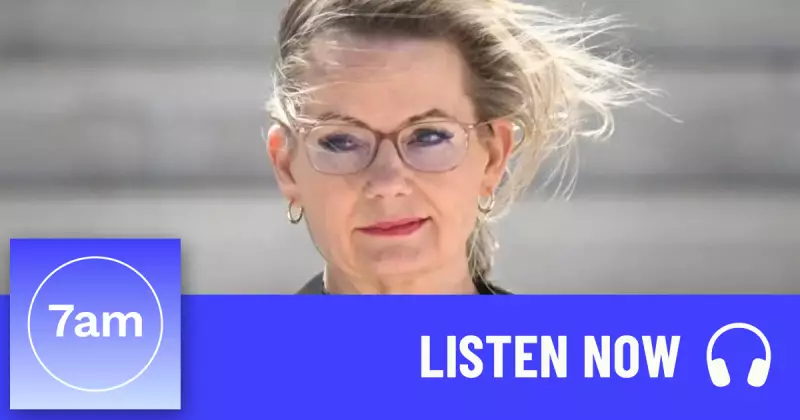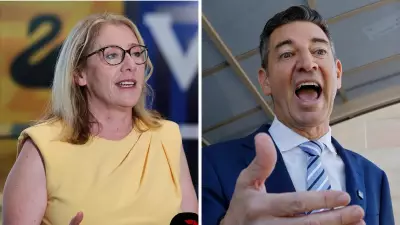
Australia's political landscape has been rocked by Deputy Liberal leader Sussan Ley's stunning declaration that the nation's net zero by 2050 commitment is officially 'dead'. The senior opposition figure made the controversial announcement during a radio interview, creating immediate division within federal politics.
Policy Reversal Creates Immediate Backlash
Speaking on the Ray Hadley Morning Show on Wednesday, November 20, 2024, Ley didn't mince words when discussing the coalition's climate policy direction. The former environment minister explicitly stated that the legislated net zero target would not be part of the Liberal-National platform going forward. This represents a complete reversal from the position her party took to the last federal election.
The announcement came as a surprise to many within political circles, including some of her coalition colleagues. Ley's comments directly contradict the stance of Opposition Leader Peter Dutton, who has previously committed to the 2050 target while criticizing the government's approach to achieving it.
Environment Minister Chris Bowen was quick to condemn the statement, accusing the opposition of 'climate denialism' and warning that Australia's international reputation would suffer. The timing is particularly sensitive with Australia preparing to host the COP30 UN climate conference in 2026.
Internal Division and Political Fallout
Within the Liberal Party, reactions to Ley's announcement have been mixed. Moderate Liberals have expressed deep concern about abandoning the climate commitment, fearing it could cost them seats in inner-city electorates where climate action remains a priority for voters.
Meanwhile, conservative members of the coalition have welcomed the shift, arguing that the net zero target imposes unreasonable costs on Australian households and industries. The National Party has long been skeptical of the policy, with many members viewing it as a threat to regional economies dependent on agriculture and mining.
Political analysts suggest this move could signal a broader strategic shift for the opposition as they position themselves for the next election. By distancing themselves from net zero, the coalition may be attempting to draw clearer battle lines with the Labor government on economic and energy policy.
The business community has reacted with alarm, with many companies having already made significant investments based on the policy certainty provided by the legislated target. Major industry groups have warned that policy instability could deter future investment in Australian clean energy projects.
What This Means for Australia's Climate Future
Ley's declaration raises serious questions about Australia's ability to meet its international climate obligations. As a signatory to the Paris Agreement, Australia had committed to net zero emissions by 2050, with interim targets for 2030 and 2035.
The policy reversal comes at a time when Australia is facing increasing pressure from international partners to strengthen its climate ambition. With COP30 scheduled to be held in Australia in just two years, the government may now face difficult questions about the nation's commitment to global climate efforts.
Energy experts warn that uncertainty around long-term climate policy could slow the transition to renewable energy and potentially lead to higher electricity prices for consumers. The lack of bipartisan support for net zero may also complicate long-term infrastructure planning and investment decisions.
As the political debate intensifies, Australian voters are left wondering whether this represents a temporary political maneuver or a fundamental reshaping of the country's climate policy landscape. With the next federal election drawing closer, the battle over net zero is likely to become a defining issue of the political contest.






